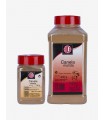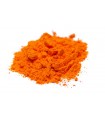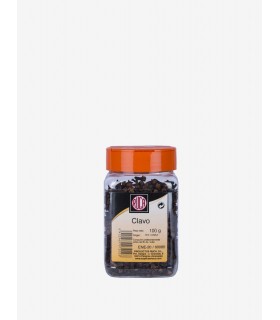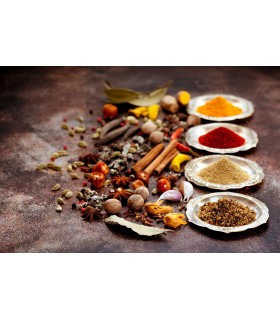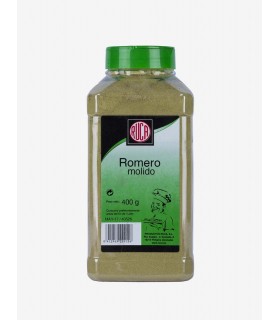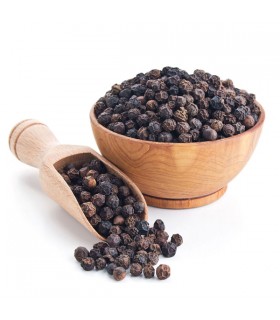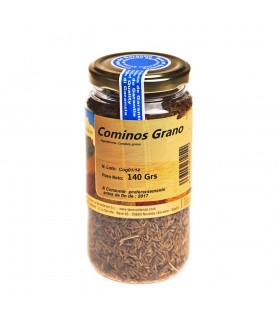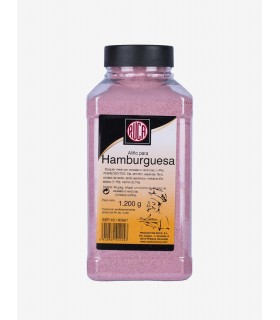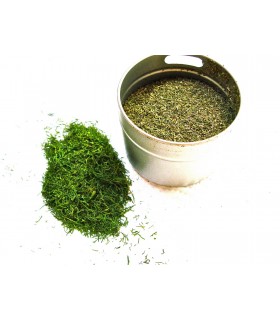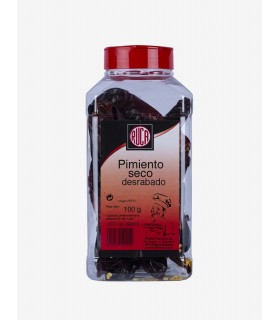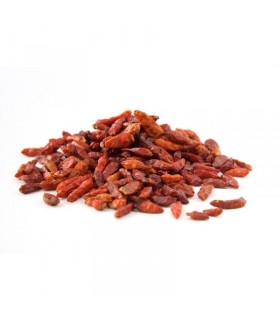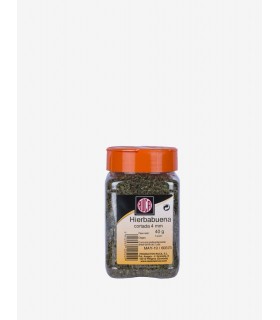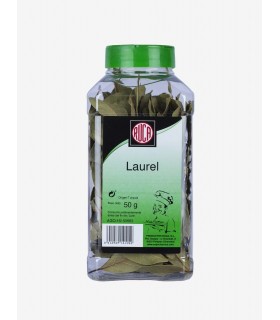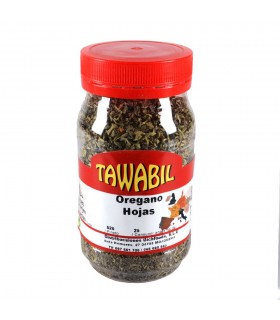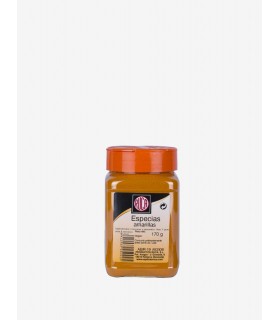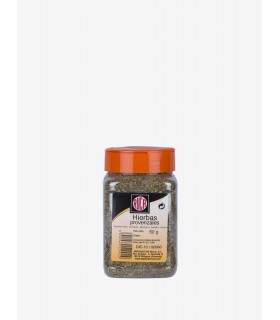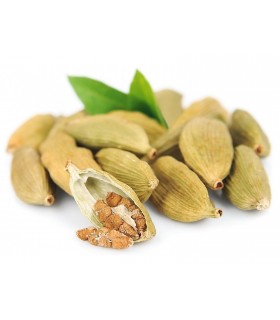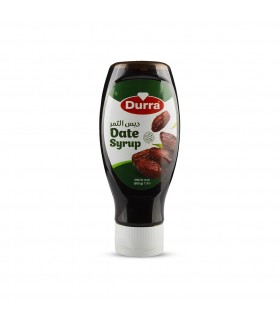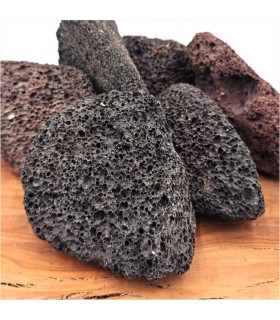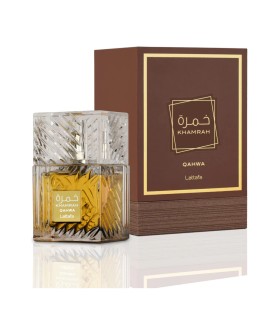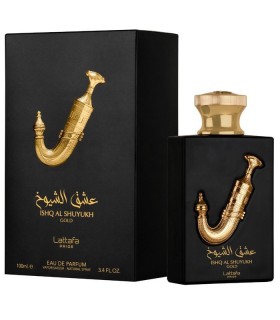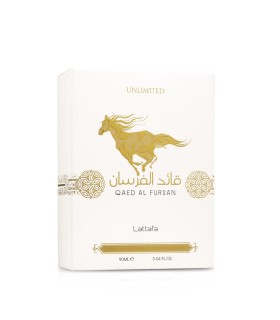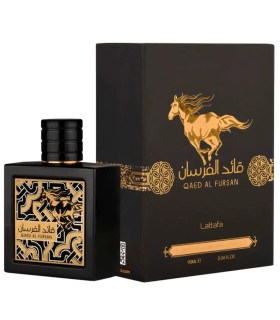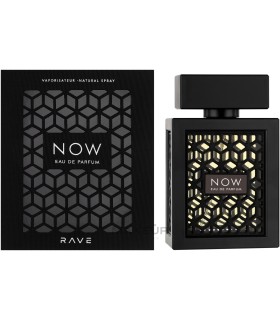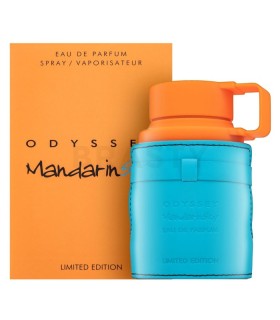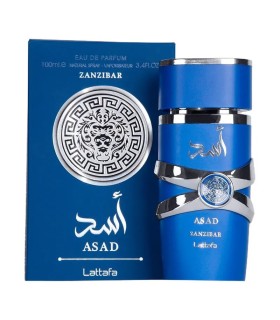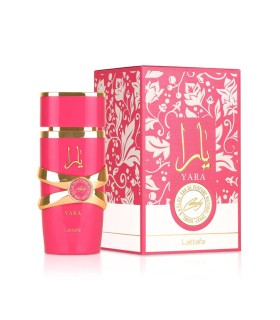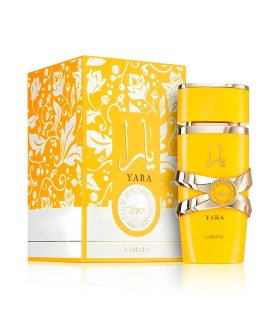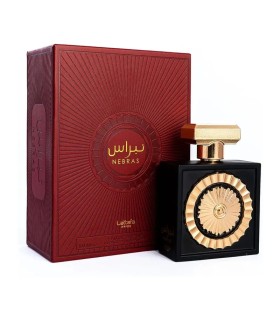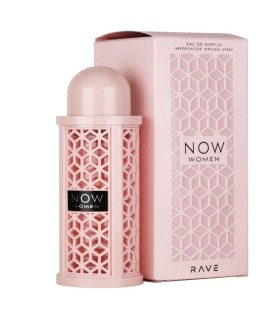mastic, known as mastikain Greek, it is a spice that comes from the resin of the mastic tree. The Latin or scientific name of this plant is Pistacia lentiscus. The spice we use for cooking is made from the resin of this tree. The sap is collected and dried and then sold whole or ground before packaging. Greek cooks seem to prefer to grind what they need for each recipe, as it tends to lose its flavor when stored.
In the eastern Mediterranean, the mastic is commonly used in brioches, ice creams, and other desserts.[8] In Syria, the mastic is added to the drink (Syrian ice cream), and in Turkey, the mastic is widely used in desserts such as Turkish delight and dondurma, in desserts such as sütlaç, salep, tavuk göğsü, mamelika, and in soft drinks. Mastic syrup is added to Turkish coffee on the Aegean coast. In Greece, the mastic is used in liqueurs such as Mastika (or Mastichato), in a spoon sweet known as "submarine" (Greek: υποβρύχιο, romanized: ypovríchio), in drinks, chewing gum, sweets, desserts, breads, and cheese. It is also used to stabilize loukoumi and ice cream.
in the Magreb, mastic is used mainly in cakes, sweets and confectionery and as a stabilizer in meringues and nougats. In Morocco, the mastic is used in the preparation of smoked foods. [citation needed]
One of the first uses of putty was as chewing gum. Mastic (מסטיק) is the colloquial Hebrew word for chewing gum. Mastic-flavored gum is sold in Syria, Lebanon, Turkey, and Greece. The Jordanian chewing gum company Sharawi Bros. (علكة شعراوي اخوان)[9] uses mastic as one of the main ingredients in its chewing gum.




